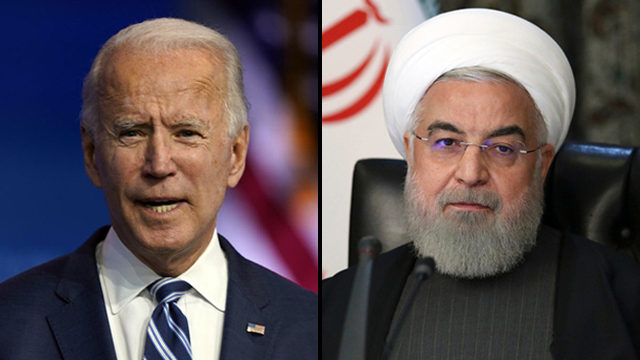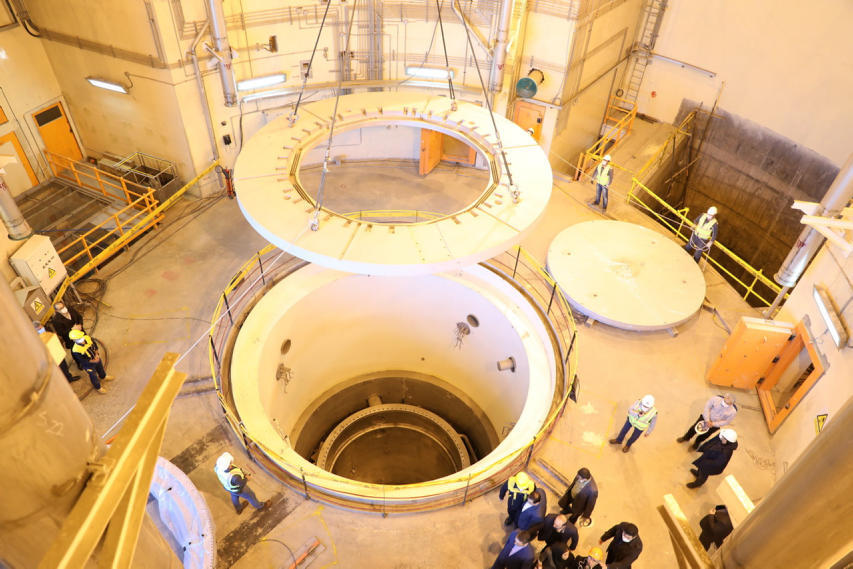Getting your Trinity Audio player ready...
Iran on Sunday ruled out holding an informal meeting with the United States and European powers to discuss ways to revive its 2015 nuclear deal with major powers, insisting that Washington must lift all its unilateral sanctions.
"Considering the recent actions and statements by the United States and three European powers, Iran does not consider this the time to hold an informal meeting with these countries, which was proposed by the EU foreign policy chief," Foreign Ministry spokesman Saeed Khatibzadeh said, according to Iranian media.
The United States said it was disappointed, but that it remained ready to "re-engage in meaningful diplomacy" on the issue.
Iranian officials had said Tehran was studying a proposal by European Union foreign policy chief Josep Borrell to hold an informal meeting with other parties to the nuclear pact and the U.S., which reimposed sanctions on Iran after then-president Donald Trump quit the deal in 2018.
Iran and the new U.S. administration of President Joe Biden have been at odds over who should take the first step to revive the accord. Iran insists the United States must first lift sanctions while Washington says Tehran must first return to compliance with the deal, which it has been progressively breaching.
Iranian Foreign Minister Mohammad Javad Zarif sketched out a potential choreography on Feb. 1 to overcome the impasse.
The meeting was set to take place in the coming days, the Wall Street Journal reported earlier, adding that Washington alerted Israel in advance about the potential negotiations.
Iran last week effectively set a deadline to lift the U.S. sanctions within three months, after which it said it would erase surveillance footage of its nuclear facilities. It has also limited some monitoring of its activities which is meant to help ensure that Tehran’s nuclear work is peaceful.
The UN’s nuclear watchdog, the International Atomic Energy Agency, has also reported that Iran has added 17.6 kilograms (38.8 pounds) of uranium enriched up to 20% to its stockpile as of February 16 — far past the 3.67% purity allowed under the JCPOA.



